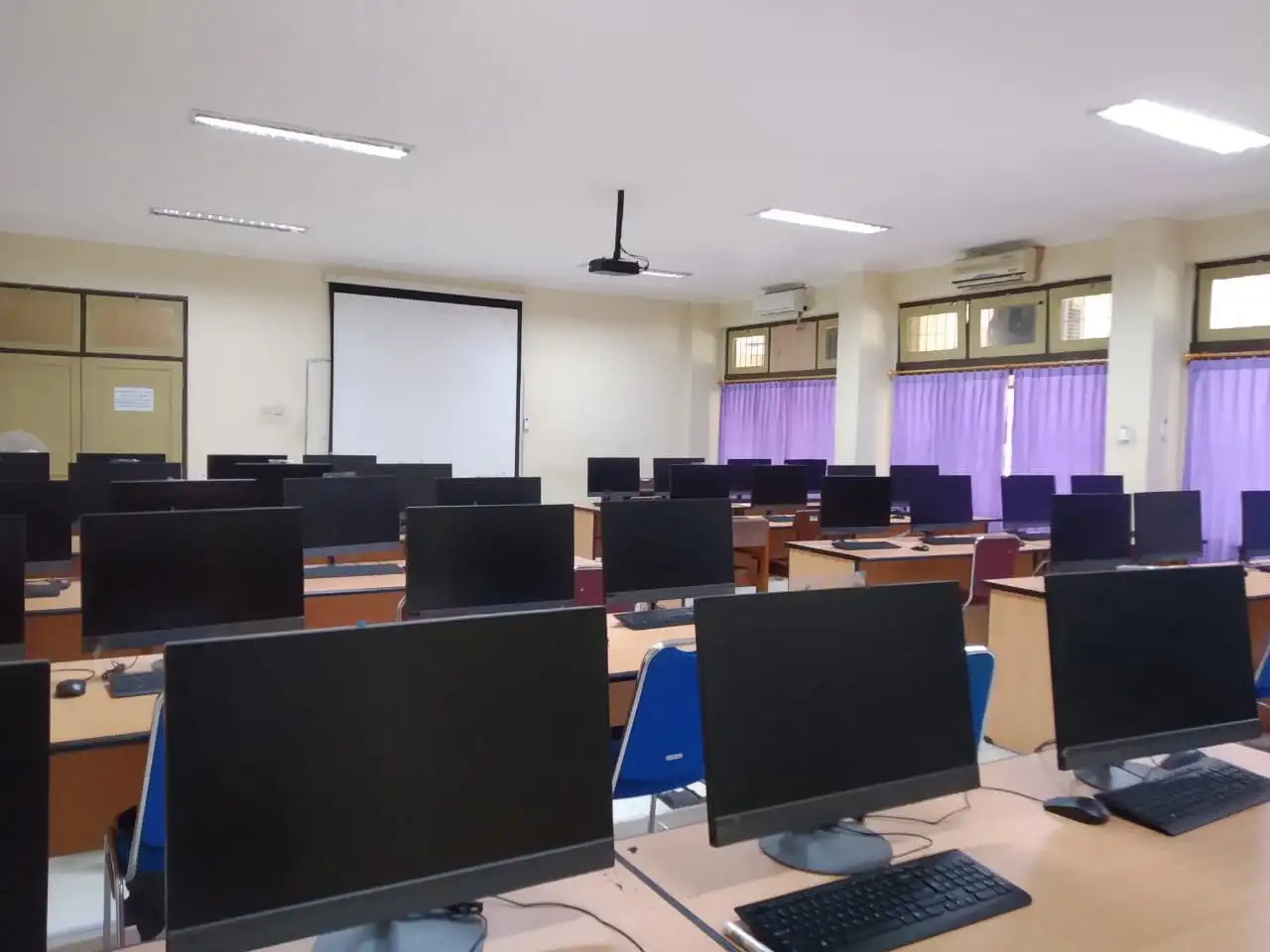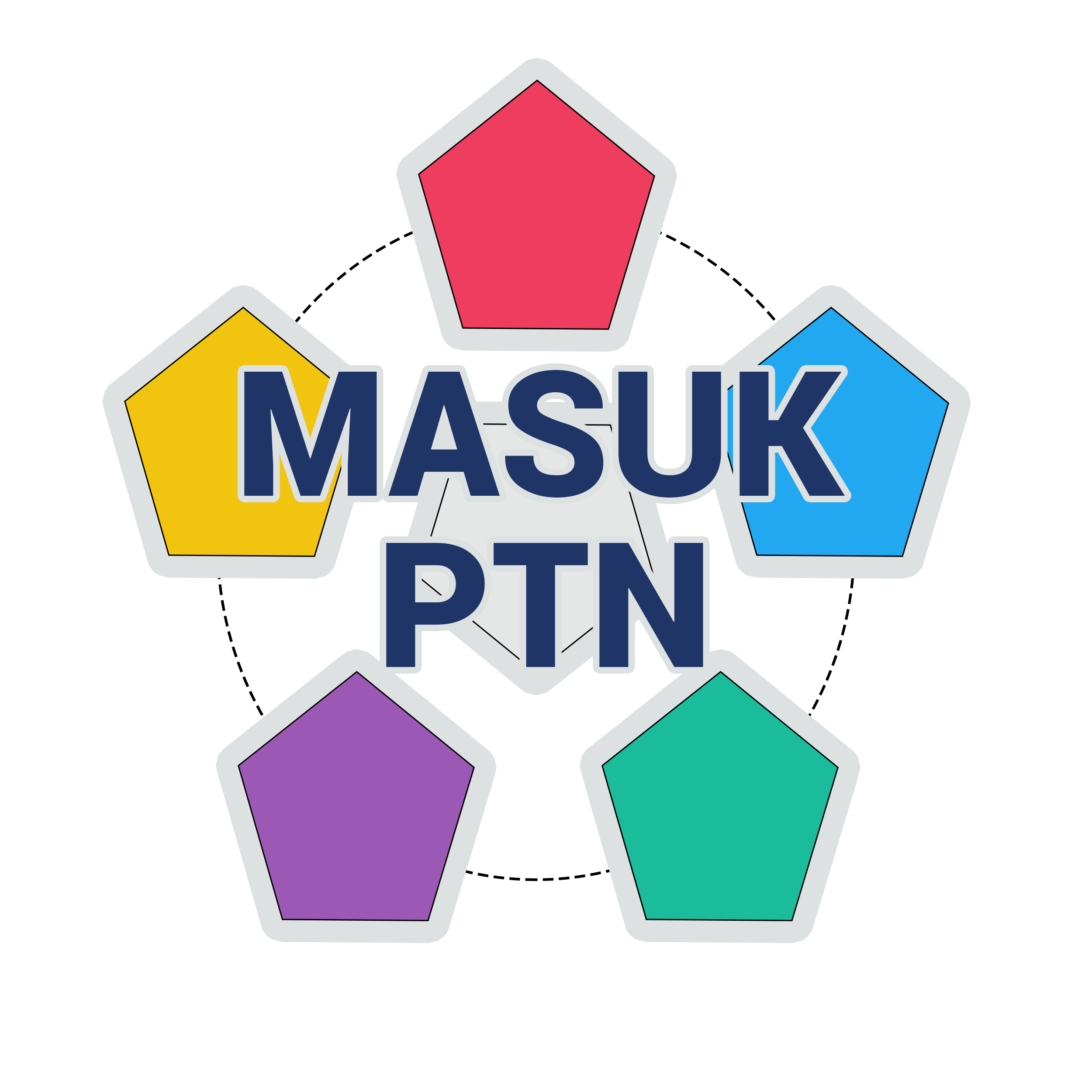SEJARAH
The Faculty of Teacher Training and Education, Sebelas Maret University, Surakarta is an Educational Personnel Education Institution (LPTK) which has 24 study programs in 6 majors. Each study program has its own characteristics in producing superior, strong and intelligent educational staff.
The Informatics and Computer Technology Education (PTIK) study program is planned to take shelter in the management of the Engineering and Vocational Education (PTK) department. This placement revises our previous statement, where the PTIK study program is under the P.MIPA department. PTIK is a study program that will produce graduates who are prioritized to teach in vocational/vocational programs. So, it would be better if PTIK was under the PTK department which oversees vocational programs such as Building Engineering Education, and Mechanical Engineering Education. To meet the needs of lecturers in the field of information technology that cannot be met by the PTK department, PTIK will conduct resource sharing with the mathematics study program.
Under the auspices of the PTK department, the PTIK study program will focus on study materials in the field of vocational education in the field of information technology and computers. Departing from the focus of study materials in the field of vocational education in the field of information technology and computers, the PTIK study program curriculum is prepared on the basis of vocational education science and information technology and computer science. Educational Science Foundations (vocational education) are provided through educational subjects such as Education Fundamentals, Learning Technology, Educational Professions, Inclusive Education, Guidance and Counseling, and Student Development. This education field is given in all study programs at FKIP UNS as a group of Basic Educational Subjects (MKDK). In addition to courses included in the MKDK group, courses that support the professional duties of an educator are also given, such as Educational Evaluation, Learning Planning, and Teaching and Learning Strategies. Meanwhile, for the development of competence in the field of education, students are also provided with research subjects in the field of education, micro teaching and teaching practice (PPL). The curriculum in the education sector is also adapted to the existence of the PTIK study program under the CAR program which focuses on the field of vocational education (vocational education).
The courses that distinguish the PTIK study program from other study programs at FKIP UNS are in supporting professional competence courses that focus on the field of information technology and computer science. The group of courses that support professional competence include algorithms and programming, discrete mathematics, databases, operating systems, computer networks, computer architecture, computational theory, software engineering, web design and programming, and intelligent systems.
LAB
PROGRAM STUDI
Vision
“To become a superior and innovative center for education, research and training at the international level in the field of vocational education in informatics and computer engineering based on the noble values of national culture”
Mission
Organizing education, training and guidance effectively to produce superior and innovative, highly competitive, independent and personality educators in the field of information and computer engineering based on the latest developments in science and technology;
Organizing research and development activities as an effort to improve the progress of science and technology, especially in the field of information technology and computer engineering;
Organizing community service activities as a form of sensitivity and concern in social life;
Develop cooperation with domestic and foreign institutions in the vocational field.
Goals
To produce graduates who are faithful and devoted to God Almighty with noble, intelligent and skilled personalities who are ready to become educators or professional education personnel with global insight in the field of information technology and computer engineering;
Producing new innovative products in the field of information technology and computer engineering, as well as disseminating science and technology through scientific publications;
Produce works of community service in the field of informatics and computer engineering that are able to solve problems in people’s lives;
Establish cooperation with institutions at home and abroad in the field of vocational education.

 MASUK PTN
MASUK PTN